Senator Bernie Sanders (I-VT) tore into the Walt Disney Company on Saturday, citing the disparity between the corporation's record profits and massive CEO pay and it's pattern of keeping workers' wages too low.
"I want to hear the moral defense of a company that makes $9 billion in profits, $400 million for their CEOs and have a 30-year worker going hungry," Sanders told a crowd at a rally in Anaheim, California, the home of Disneyland. "The struggle that you are waging here in Anaheim is not just for you," Sanders said. "It is a struggle for millions of workers all across this country who are sick and tired of working longer hours for lower wages."
Anaheim voters recently gathered enough signatures to have a measure requiring large employers that receive government subsidies to pay at least $15/hr to appear on November's ballot. Should it pass, companies like Disney would have to phase in a minimum park worker wage increase to $15/hr starting January 1, 2019, with an additional $1/hr added every year through January 1, 2022. Once pay hits $18/hr, raises are calculated based on costs of living.
"Disney prides itself on making dreams come true," Disneyland employee Grace Torres asked. "Disney, where is my dream?"
Disney has expressed opposition to the ballot initiative, claiming that such a pay raise would make doing business more expensive and could hamper future development investments. But it's not as if Disney is blind or dismissive of its workers' demands.
During negotiations with worker's unions, Disney has offered to raise employee pay to $15 an hour by 2020, in addition to immediately raising their starting wage of $11/hr to $13.25/hr. Under California law, the state's minimum wage will reach $15 by 2023.
Suzi Brown, vice president of Disneyland Resort Communications, told The Hill that Disney also plans on investing in education and skills development programs for employees, so that they can have the opportunity to "pursue skills and degrees to further their careers."
"While Mr. Sanders continues to criticize Disney to keep himself in the headlines, we continue to support our cast members through investments in wages and education."
But Disney's offer falls short of employee demands. In a survey of 5,000 Disney employees conducted by The Coalition of Resort Labor Unions, a group of unions that work in Disneyland, nearly 75 percent said they don't bring in enough money to meet their basic living expenses. One in ten admitted that they had been homeless in the last two years, despite being employed by the park.
The survey found that average worker pay at Disneyland has been declining for the last 15 years, while Disney's profits have soared to more than $9 billion annually.


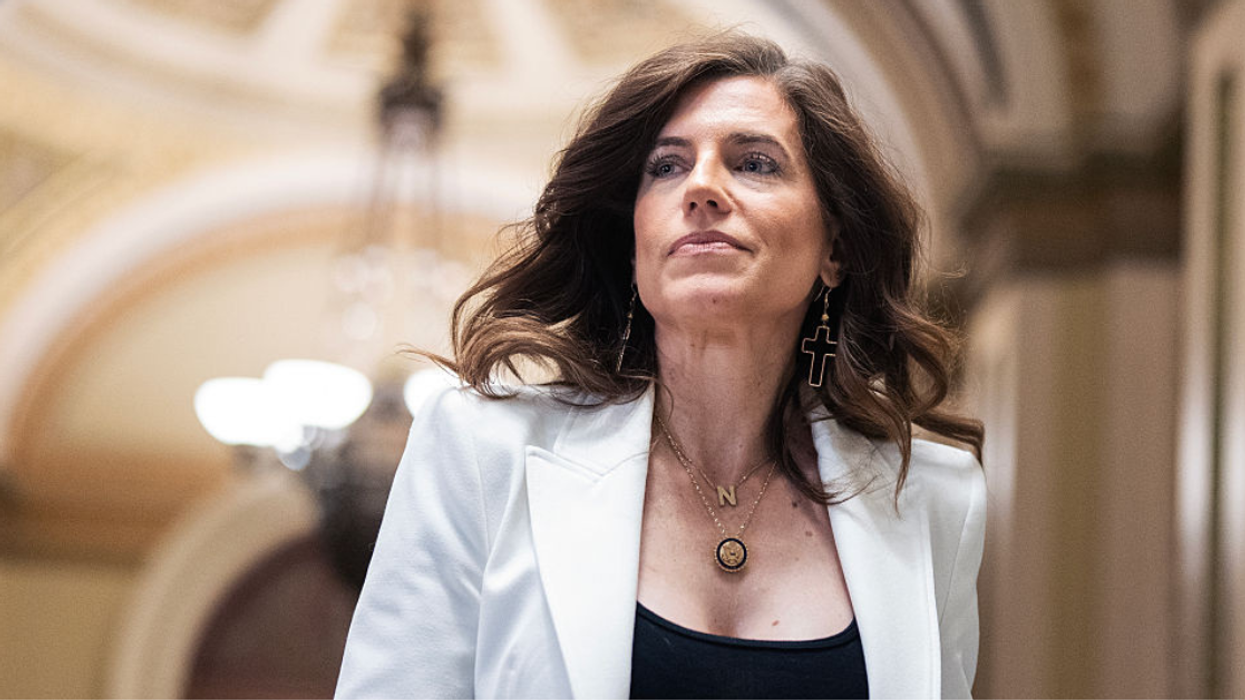

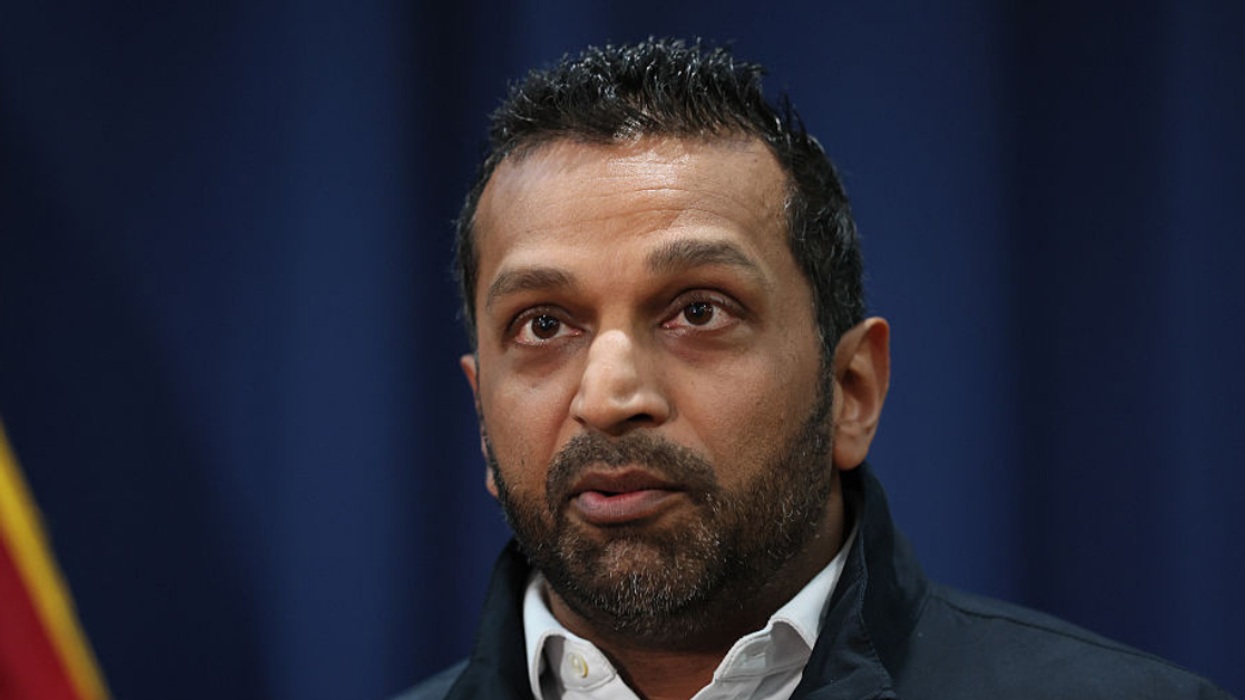

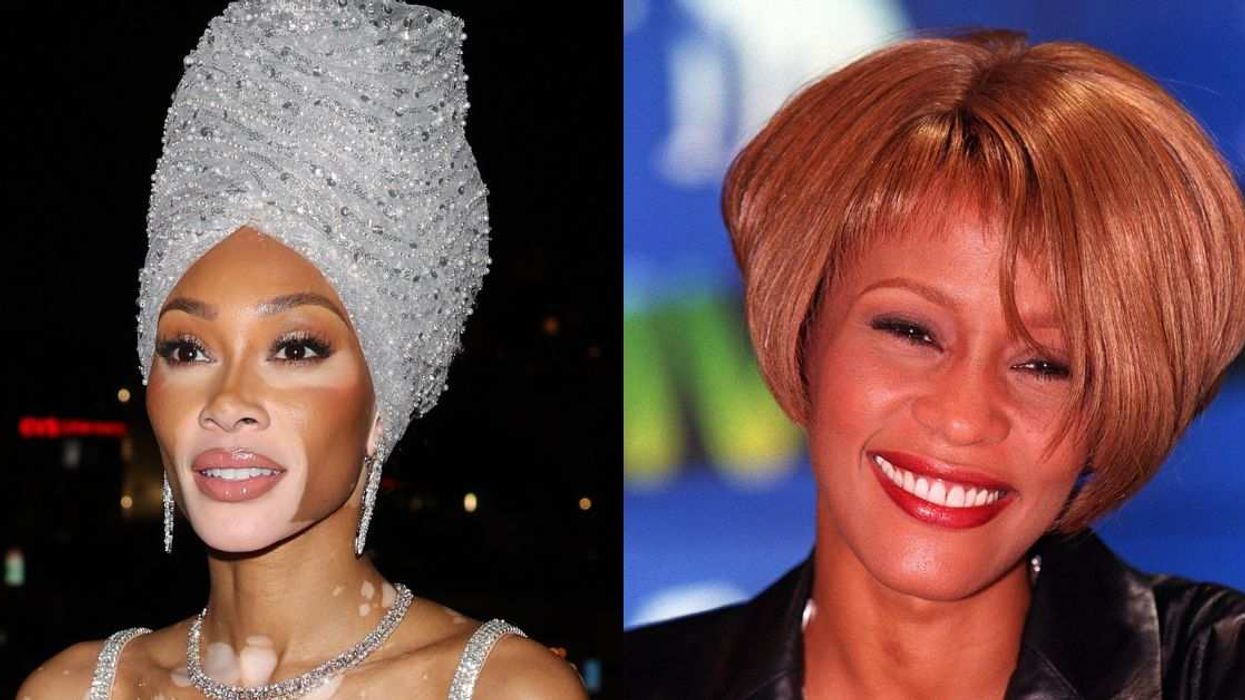



 @winnieharlow/Instagram
@winnieharlow/Instagram




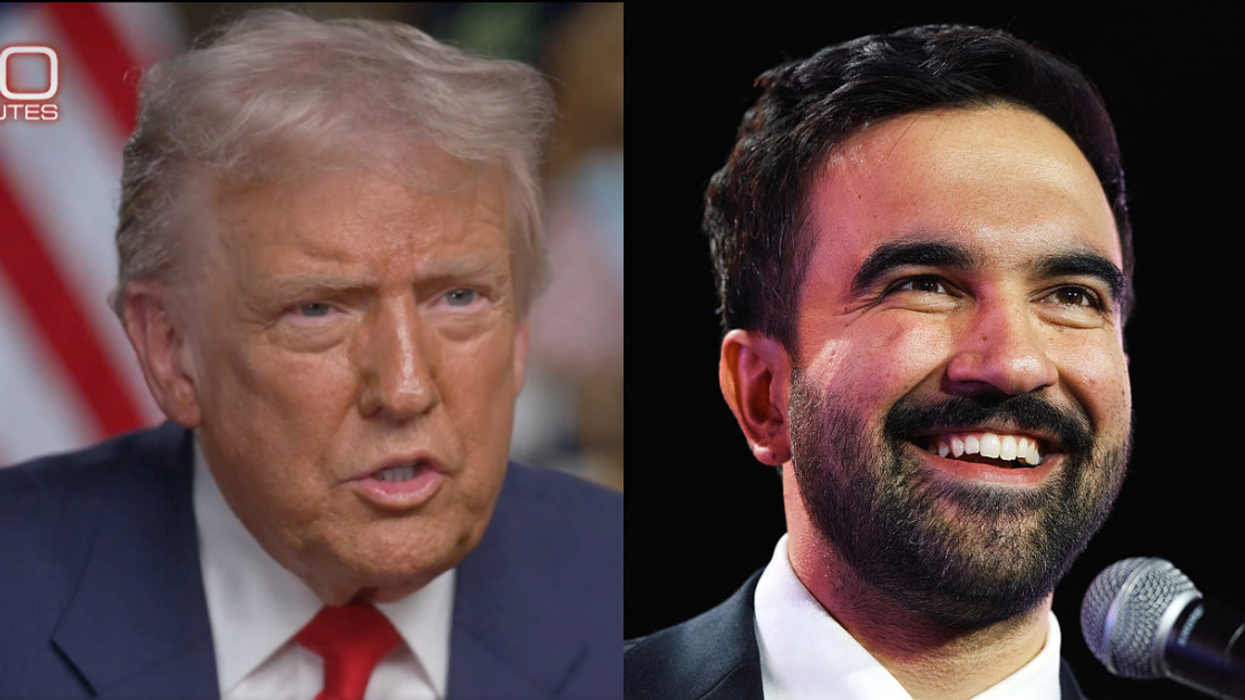
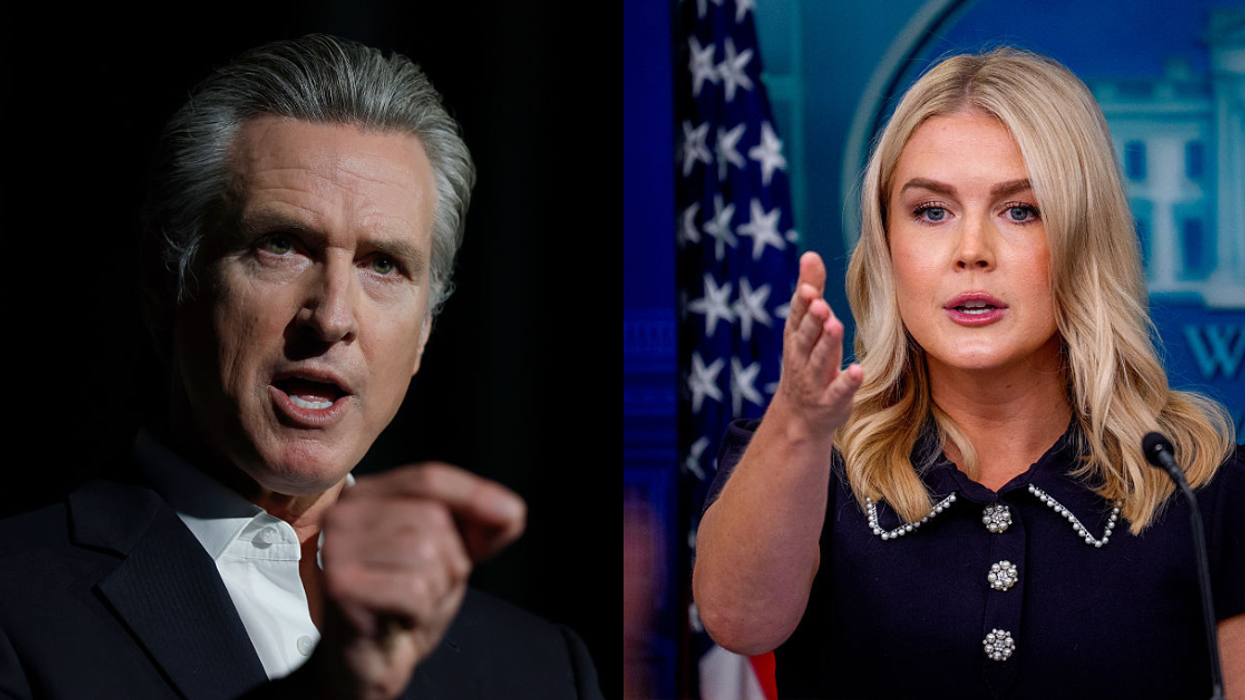
 @realDonaldTrump/Truth Social
@realDonaldTrump/Truth Social
